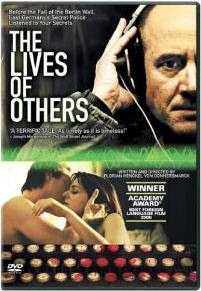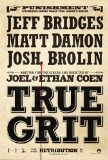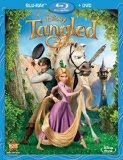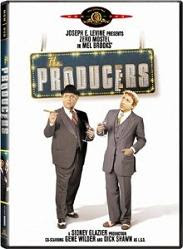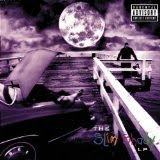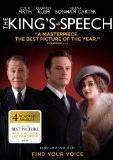
Another year, another Academy fail. Not that anyone would have expected significantly different Oscar winners.
If there is a big Oscar winner at 2011's Academy Awards that's obviously The King's Speech with its 4 wins. While it's not the single film winning 4 Oscars overnight (the other one being Inception), all of The King's Speech statuettes have been won amongst the most important categories: Best Picture, Best Directing, Best Actor and Best Original Screenplay. The King's Speech is a decent film. But it is also unworthy of at least two, possibly three of these Oscars. Because, you see, The King's Speech is flawed. And seriously so.
The King's Speech has a very potent premise and it starts quite well, vigorously exploiting that. It is pleasantly witty and sporting some likable characters, most notably Elizabeth and Logue. The acting of the three leads is strong throughout. All is good up to and including the first encounter of Logue and Bertie. Then the film quickly loses steam and (best) direction, and starts treading in circles. Luckily, the stupid substandard Freudian psychoanalysis crap is only superficially mentioned and not explored further, but we are not saved the mediocre court drama and the even more boring brother-son-king-duty stuff. On top of that, everything is presented in distracting wide-angle and self-indulgent framing and camera tilts. This translates The King's Speech into a movie undeserving to be among the Oscar winners in the Best Picture, Best Directing and Best Original Screenplay categories. Whether Colin Firth's Best Actor win is justified can probably be argued but at least it is not as grating as the other three awards. Rewarding Tom Hooper for ruining what could have been a great movie and granting that mess the Best Picture Academy Award is ironic. Especially in the competition of Fincher, the Coens and even Russell.
The Oscar winners in Best Supporting Actress and Best Supporting Actor categories add even more ridicule. The Academy's preference for hyperactive roles with a hysterical tendency is utterly amusing. Academy members are like children in a candy shop. They go for the most colorful and noisiest stuff. Which makes Oscar baits so easy to pull on them. Both Oscar winners, Christian Bale and Melissa Leo, seriously overact their performances. And while picking Bale for the Best Supporting Actor Academy Award over the quiet menace of John Hawkes or the confident eccentricity of Geoffrey Rush is understandable, and to an extent, excusable, as Bale's attention-whore style overacting is mostly during the docu-shoot (a fact that, in a way, makes it acceptable), one can't really say the same for Melissa Leo. Every single alternative among the Oscar nominees for Best Supporting Actress would have been better than her, but apparently not noisy enough for the Academy: Jacki Weaver's measured performance in Animal Kingdom; the regal, yet warm, Helena Bonham Carter; the cocky and determined Hailee Steinfeld; even Amy Adams was less annoying in The Fighter compared to Melissa Leo. And while we are still at the candies, Alice in Wonderland's Academy Awards in the Best Art Direction and Best Costumes categories give us even more examples of the Academy's affinity for the bright and loud.
As we predicted here, Roger Deakins was once again denied his long overdue Academy Award for Cinematography. This time True Grit was not enough to make him an Oscar winner. Inception's merits in the field of cinematography mostly come down to the use of 35mm in VistaVision mode, adding 65mm to that, mixing in some digital, and executing a few difficult shots. In that regard, its Oscar award is not totally undeserved. Not that the Academy understands it, though. And they aren't less guilty of missing the beauty and superiority of Deakins' work. Still, it could have been worse. The King's Speech could have won the Oscar here...
To end on a more positive vibe, it was not mediocrity and epic fail only at 2011's Academy Awards. After all, Aaron Sorkin did win the Best Adapted Screenplay category, and Hans Zimmer's music was not among the Oscar winners again. And, erm, yeah, that's that then.
Discover more Oscar related articles in our Review Maze.


